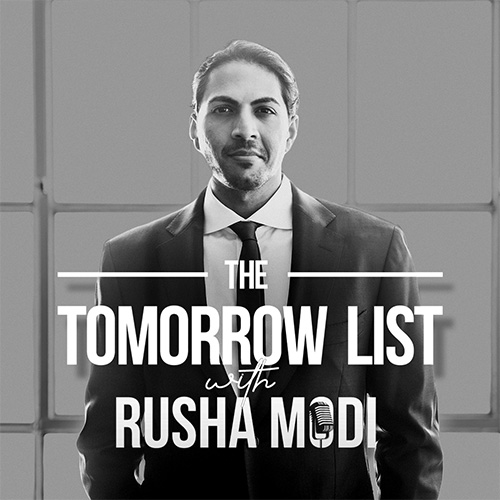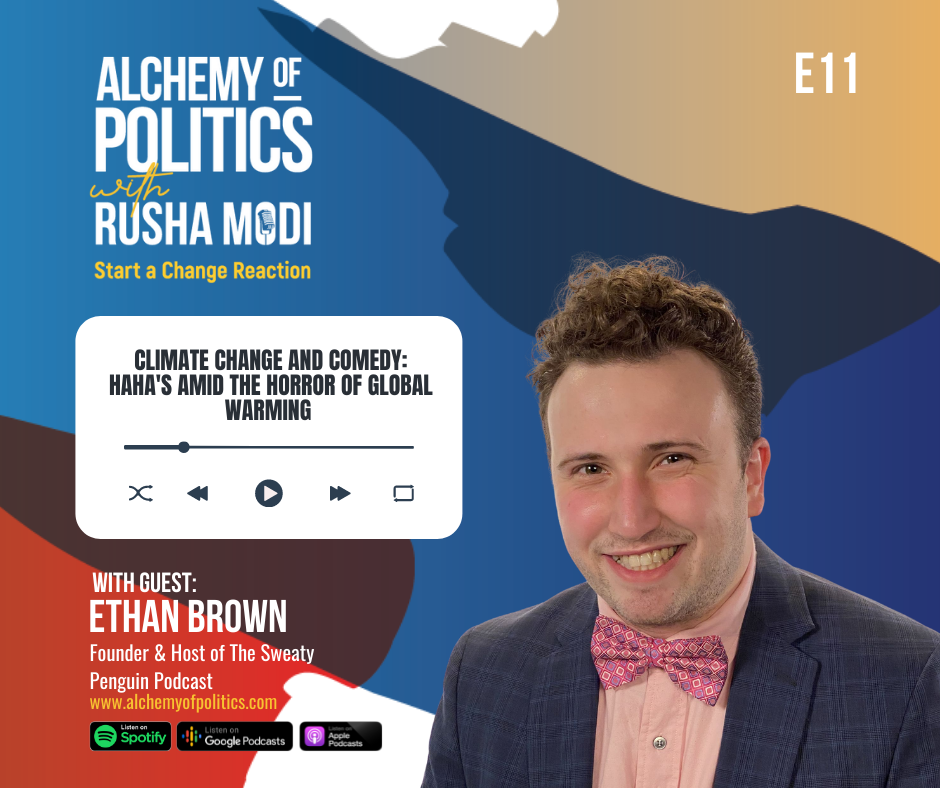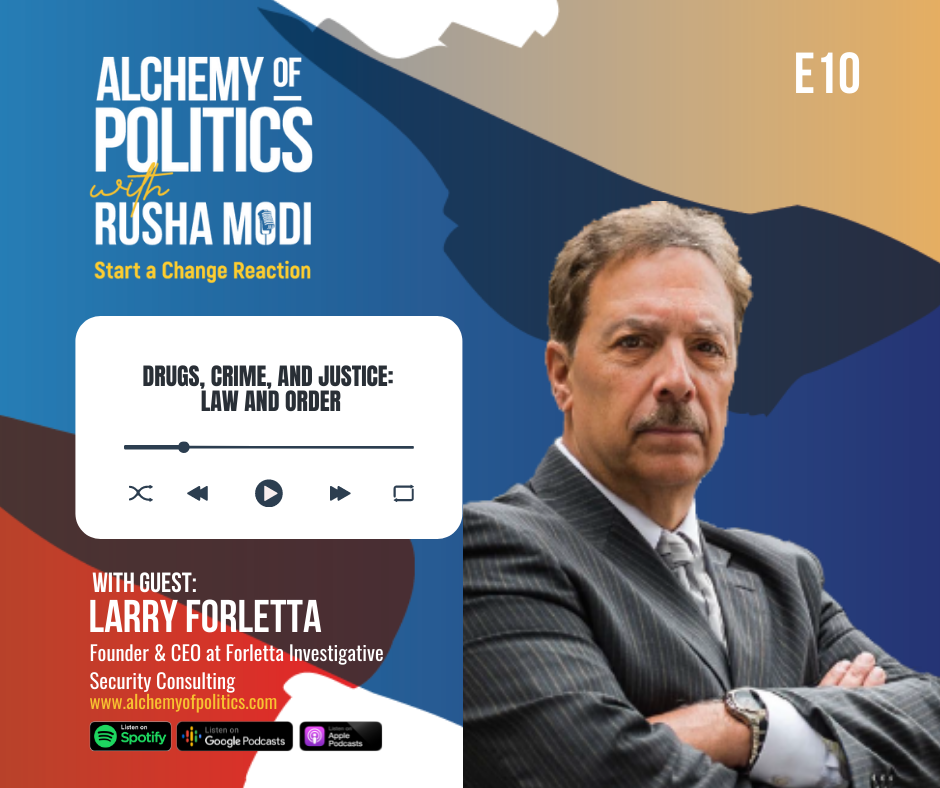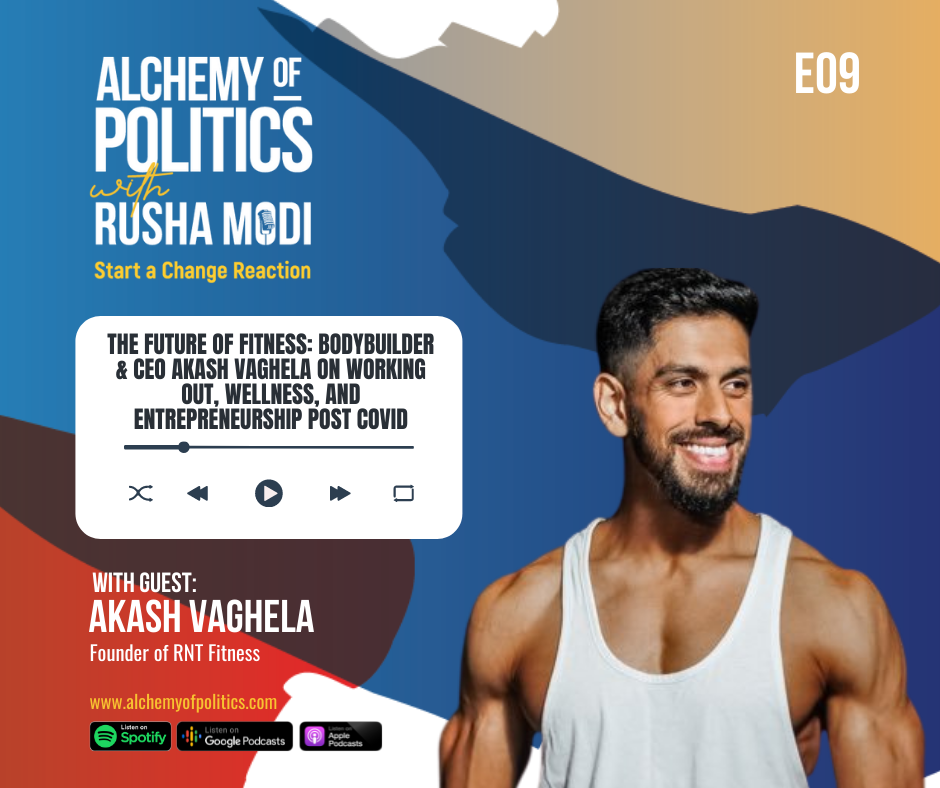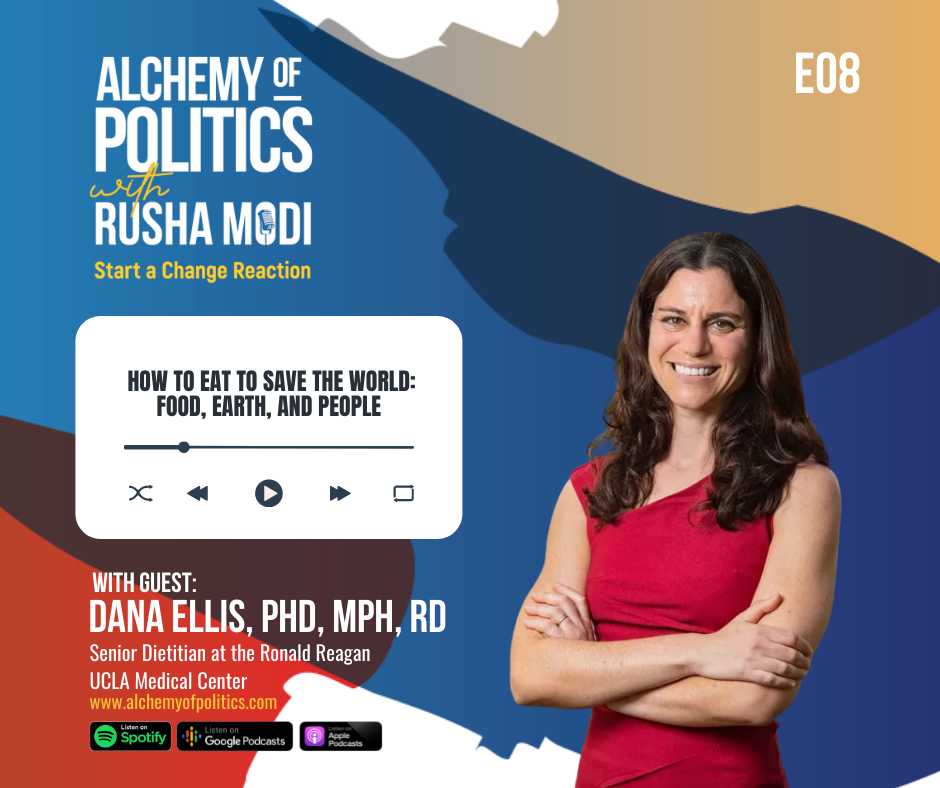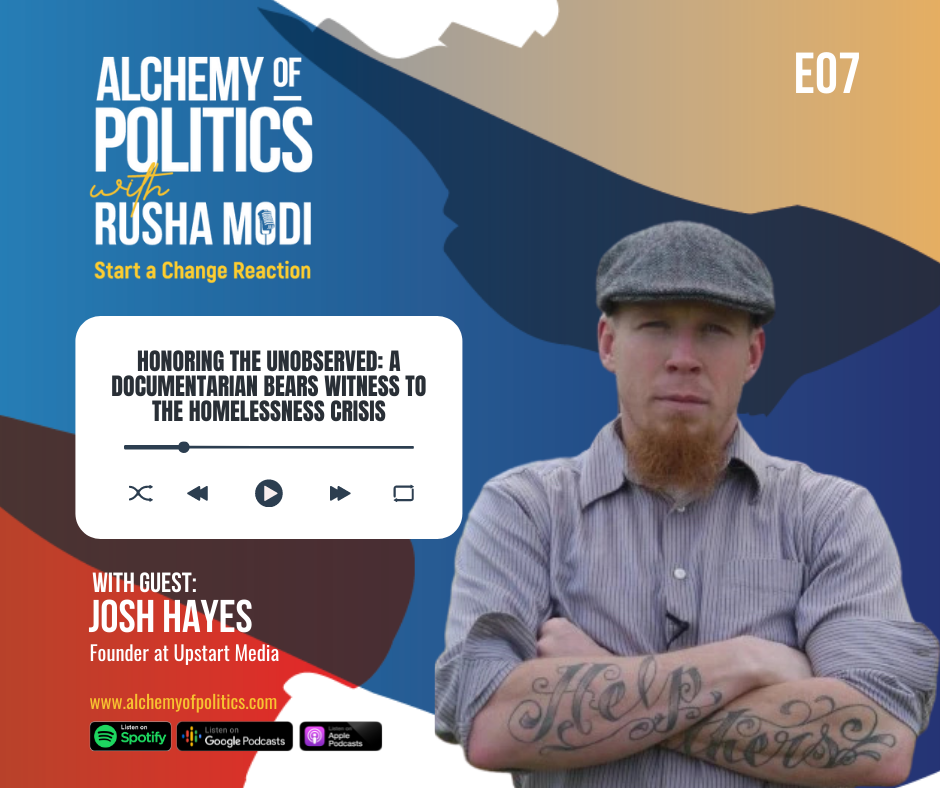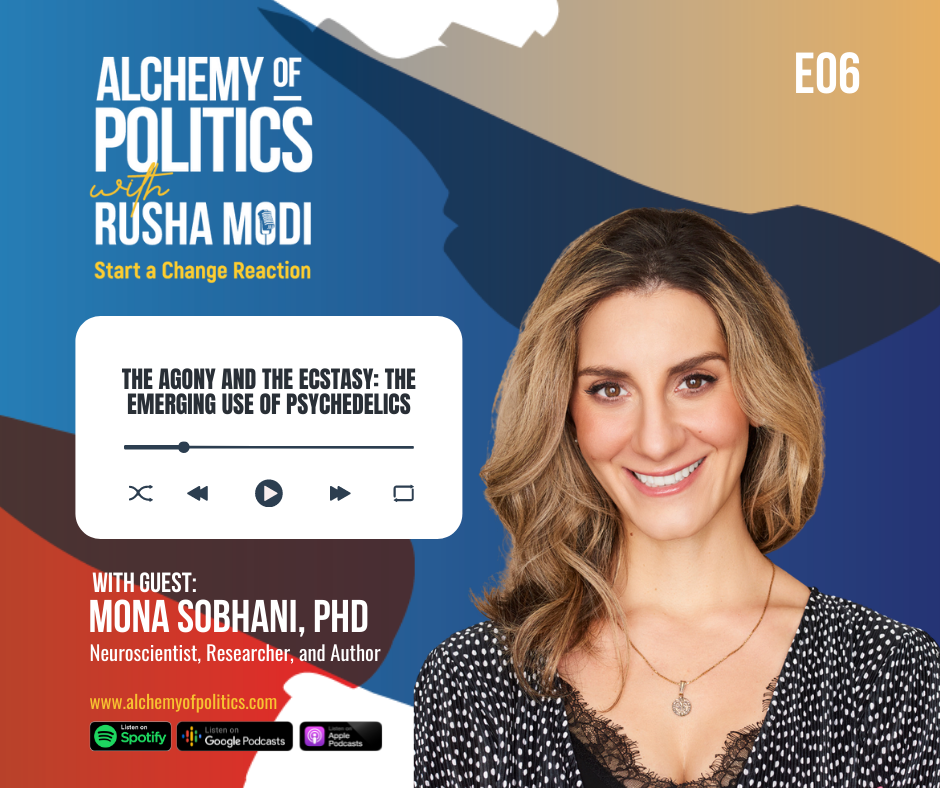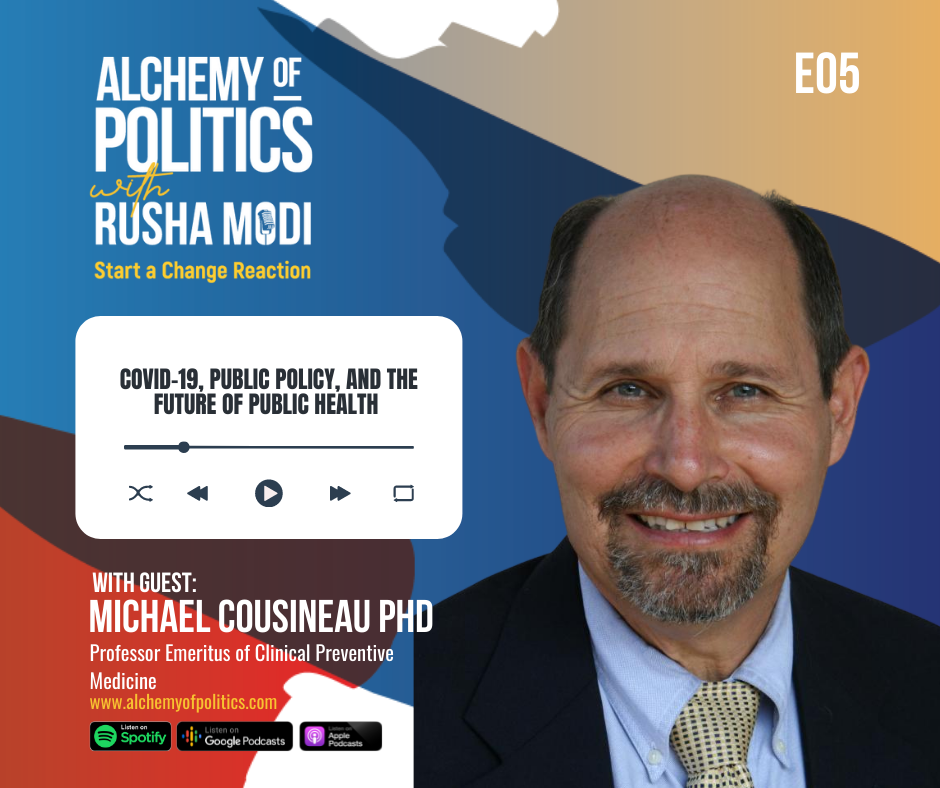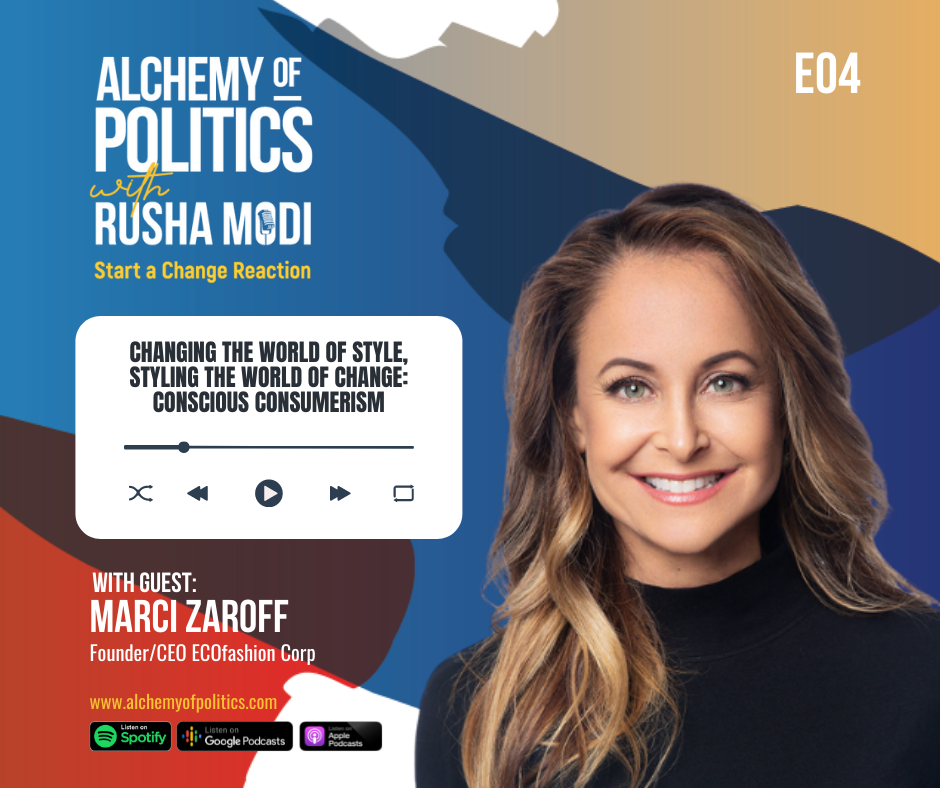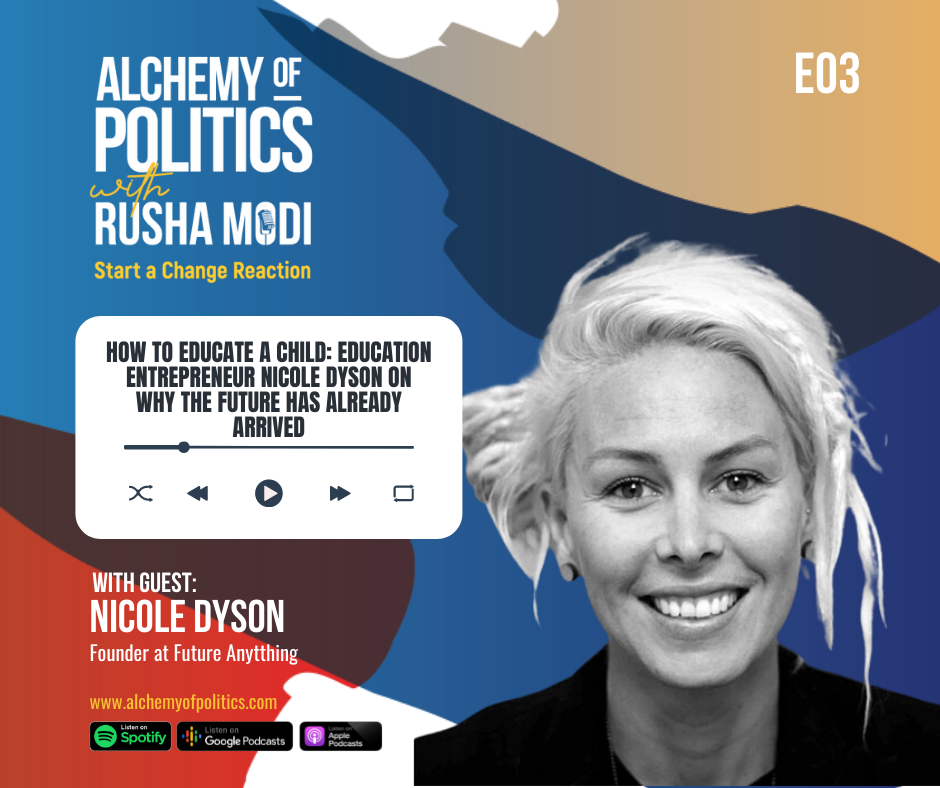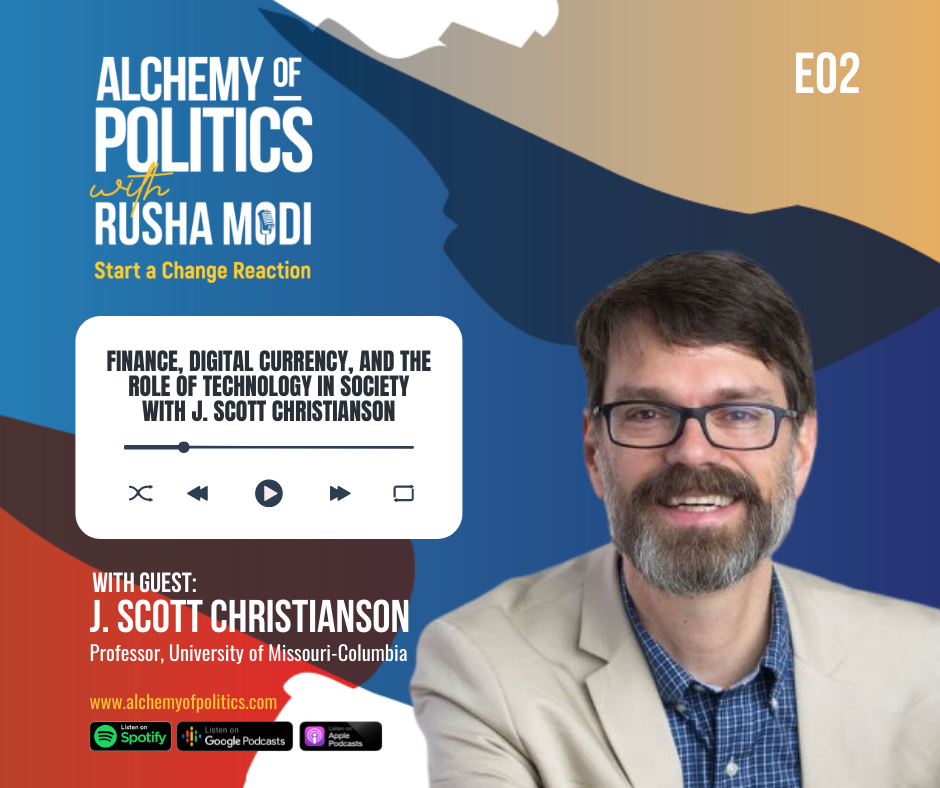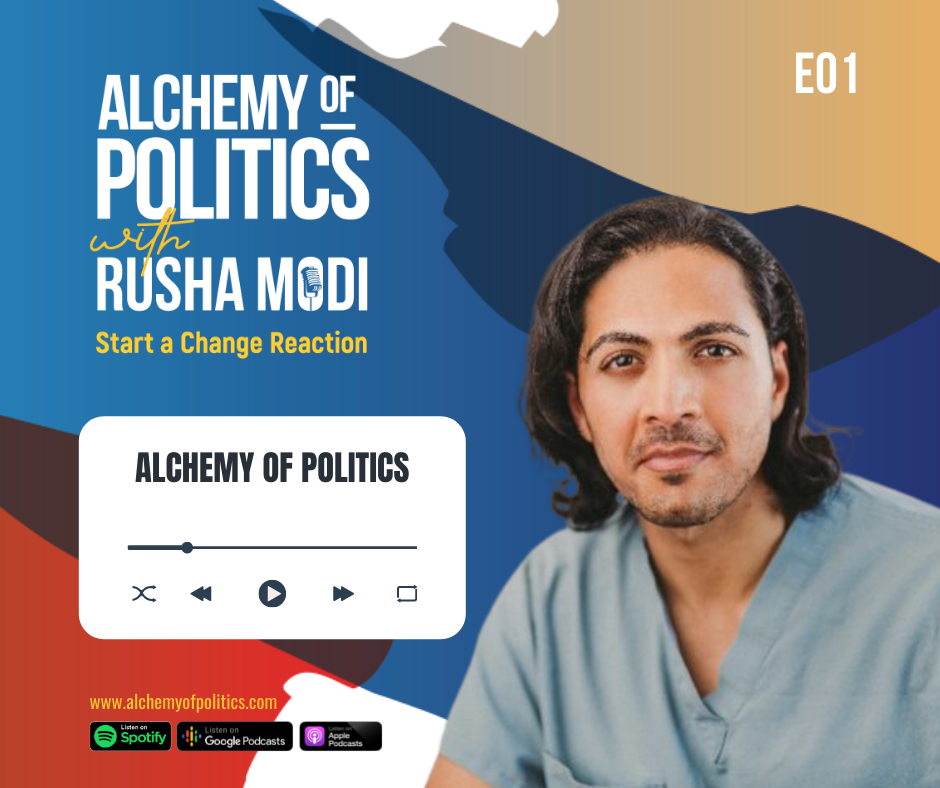Ethan Brown, the host of his amazing podcast the Sweaty Penguin, proves that satire can be smart and insightful. He studied at Boston University, obtaining a training in Environmental Analysis and Policy and Film and Television. He talks about science communication, his late-night approach to breaking down the climate news of the moment, and what he’s learned about bringing people together on the same page. Climate science much before COVID-19 has been politicized, trivialized and the wellspring of many false prophets. Ethan demonstrates how to cut through all that, describes his own experience crafting a podcast, and demonstrates how humor may be the best (climate) medicine. Listen and enjoy!
Ethan Brown is a graduate of Boston University and studied Environmental Analysis & Policy and Film & Television. Ethan was never the outdoorsy type growing up, but after studying the risks associated with climate change, he felt compelled to use his years of comedy writing experience as Editor-in-Chief of both his high school and college satire publications to communicate environmental issues to others in a fun and entertaining way.
Key Highlights:
[00:01 – 12:00] – Opening Segment
Humor is a tool that can be used to make climate change conversations more accessible and fun
How comedy can help to motivate people to engage with the issues more
The political and healthcare-related public health issues have become more politicized
[12:01 – 22:13] Comedy Was The Tool That Made Sense
Why conveying complex scientific information in an era of polarization and politicization is key
The reason why there has to be some entertainment value
Ethan’s experience using comedy to reach a new audience
[22:14- 29:15] – Climate Change is Already Causing Major Damage
How cities that are on coasts will be affected by sea-level rise
The main points about climate change and its effects on the economy
[29:16- 42:31] – Climate Change Requires a Multi-Faceted Approach
Individual action and sacrifice for the public good are important
Ethan’s outlook on the gap between Liberals and Conservatives when it comes to climate change
Leaders need to understand is that we need to be on the same team
[42:32 – 47:35] – Closing Segment
How nuance is important when making policy decisions
How The Sweaty Penguin educates people about climate change
You can connect with Ethan Brown through LinkedIn. Make sure to follow The Sweaty Penguin on LinkedIn, Instagram, Twitter, and Tik Tok. Head to https://thesweatypenguin.com/, learn more about climate change, and how humor may be the best (climate) medicine!
CRAVING MORE?
What are you waiting for? Head to Alchemy of Politics; join the conversation and start a change reaction! Follow us on Instagram and Tik Tok.
You can connect with Rusha Modi, MD on LinkedIn, Instagram, Facebook, and Twitter.
Thanks for tuning in! If you liked my show, LEAVE A 5-STAR REVIEW, like, and subscribe!
Share it with your friends, and family, and spark a conversation. Contribute, comment, and disagree.
Remember: Solutions, not shouting.
Tweetable Quotes:
Ethan Brown- ” it’s not about stopping climate change. It’s about keeping climate change under control.”
Ethan Brown – “I don’t care what solution we take to any given climate issue. I just want to do something.”
Ethan Brown – “I think that using comedy was sort of our way to say, let’s try to reach a new audience. Who isn’t going to go click on some other environmental news source.”

